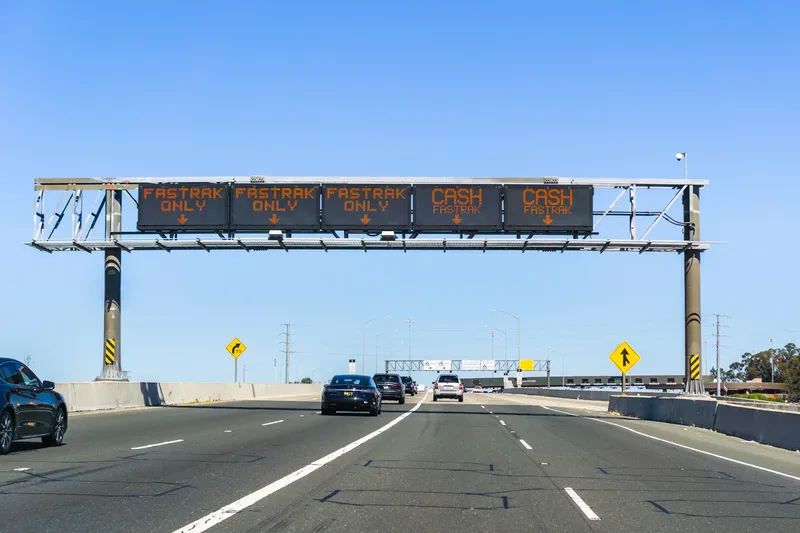Jupiter Systems, a specialist in visualisation and collaboration solutions for display walls and networked PCs, has announced its twentieth consecutive year of profitability and growth, driven by strong worldwide sales, strategic investments, and continued innovation and product quality. “Achieving our twentieth consecutive year of profitability and sales growth over the recent challenging economic period represents a significant accomplishment,” said Eric Wogsberg, the company’s president. “Strategic inves
June 15, 2012
Read time: 2 mins
“Achieving our twentieth consecutive year of profitability and sales growth over the recent challenging economic period represents a significant accomplishment,” said Eric Wogsberg, the company’s president. “Strategic investments, innovation, product quality and service coupled with tight financial controls have created considerable opportunities for Jupiter Systems, even during the worst of the recession. The result was a record breaking year for both Jupiter and its customers.”
Jupiter says its outstanding sales performance in 2012 was driven by several factors, including strong sales to the military sector as well as to government and quasi-government entities, including the intelligent traffic management centres of the North Carolina Department of Transportation, Pennsylvania Department of Transportation, Garden Grove traffic management centre, Department of Transport and Main Roads, Australia, New Zealand Transport Authority; Port Columbus International Airport, Baltimore/Washington International Airport; Veterans Administration; Marion County Department of Emergency Management, New South Wales Rural Fire Service, Australia, and Ministry of Emergency, Russia.
The company also cited sales to the fast-growing global security markets at local, state and federal agencies, as well as strong continued demand in sales to utility industries. In addition, Jupiter says it has expanded into less traditional markets to support new corporate applications and also enjoyed thriving demand in the People’s Republic of China with large installations and robust sales involving Beijing, Shenzhen, Changsha, and the Fujian Province Police Bureaus; coal mines in Pingdingshan, Yitai and Puda; highways in Ruixun and Dechang; the Beijing, Macau, and Shenzhen traffic bureaus; Tsinghua University; and power generation and distribution facilities in Hubei, Wuhan, Hunan, Liaoning, Quinghai, Guangzhou, Jiangxi and Shandong. Jupiter was an early investor in China with a wholly-owned subsidiary based in Shenzhen, Jupiter Systems China. Over the past year the company expanded its China sales and marketing operations from its base in Shenzhen to include offices in Beijing, Shenyang, Xi’an, Wuhan, Chengdu, and Shanghai.









